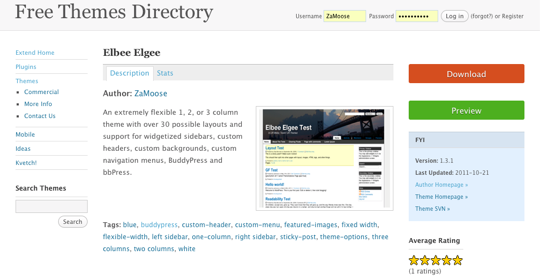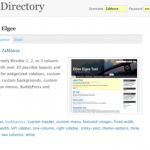WordPress Theme Hook Alliance

Konstantin Kovshenin posted an interesting piece decrying WordPress theme frameworks1 and the extra amounts of work that they (can) require to get working Just The Right Way. Essentially, his complaint comes down to having to re-learn a system of hooks…




